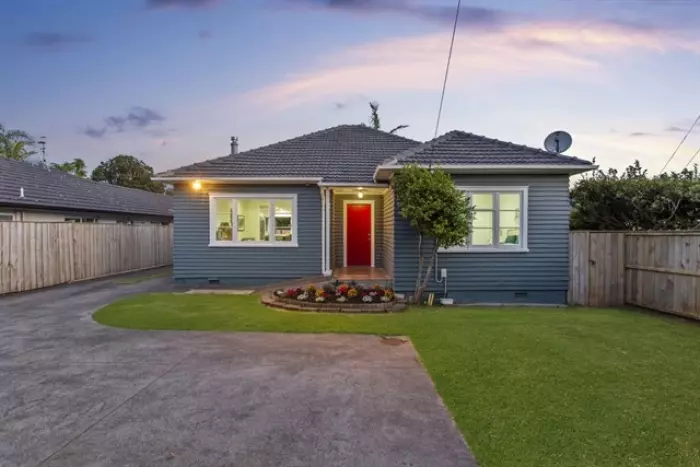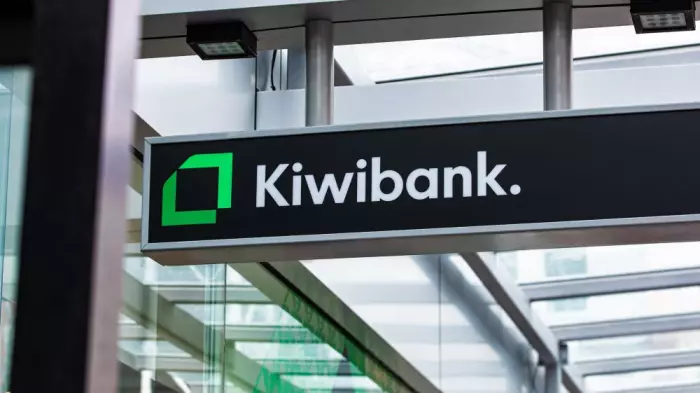The auction sale of a 1940s weatherboard home on Wilkinson Street, Ellerslie for $1.67 million to first-home buyers reflects a feeding frenzy in an Auckland housing market that saw sales jump by more than 500 to 1,870 last month — a leap of 37.6 percent on January 2020.
That helped push up the number of homes that changed hands in the month by 3.2 percent nationally, from 4,802 to 4,957.
That's the highest level for a January in five years, according to latest numbers from the Real Estate Institute of New Zealand.
The institute's national house price index, a measure that adjusts the raw price data to arrive at like-for-like comparisons, jumped 19.2 percent in the year ended January, the highest annual increase since 2004.
The index showed house prices had increased by 20.4 percent in markets outside of Auckland last month, while the city of sails saw a 17.7 percent increase year-on-year.
That was dwarfed by a 30 percent movement in the Gisborne/Hawke’s Bay region and a 26 percent annual increase in Wellington, the largest index movement for Wellington on record, according to REINZ.
Ari Starr, the Ray White agent who listed the three-bedroom Wilkinson St home, said there had been more than 100 groups through the open homes prior to sale.
The frenetic bidding netted its vendors exactly double their 2015 purchase price of $830,000 — a whopping $642,000 above the council’s rateable value.
That ‘fear of missing out’ helped January pick up where the housing market left off last year.
Not a normal January
Institute chief executive Bindi Norwell said the busy pace of sales for the month was contrary to a “normal January”, when prices tend to ease off as people head to the beach for their summer holidays.
That, she said, was motivated by a “fear of future price rises" and FOMO, which is impacting buying behaviour.
In line with the buoyant market, the number of sales sold by auction also continued to track up, with 796 properties going under the hammer — or 16.1 percent of all sales — a whopping increase on the 6.5 percent of all sales in January 2020.
That was led by busy auction rooms in both Auckland and Gisborne, though in-rooms action has also heated up in Christchurch, where prices have started to rise following its post-earthquake home building blitz - the Canterbury index was up 15.7 percent from a year ago.
Ray White auctioneer Ben East said clearance levels in the city for his firm had been at more than 90 percent since the start of the year.
Pending handbrakes
Jeremy Couchman, senior economist at Kiwibank, said he expected the reinstatement of loan-to-value ratio restrictions by the Reserve Bank next month and housing affordability constraints to take some of the heat out of the market in the coming months.
The bank is still picking house price growth to slow over the second half of the year to below double-digit rates.
Still, he said, with a shortage of affordable housing stock remaining, “housing supply is where policy needs to be directed” to improve housing affordability.
“Housing supply in NZ is far too slow to respond when demand builds, as is infrastructure spending needed to support more houses.”
Couchman said while the planned revamp of the Resource Management Act will help, that overhaul will take years, and the expected extension of the bright-line test on taxes is “unlikely to alter the affordability dial.”
“We are more interested in policies that would lift housing supply – expected in the lead up to this year’s budget. To start, local councils need better access to debt funding to help tackle the poor state of existing infrastructure. Upgrading existing infrastructure will mean more homes can be built where they are needed most, closer to the centres of our most productive cities.”














